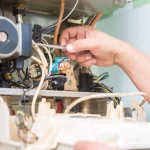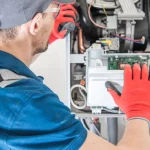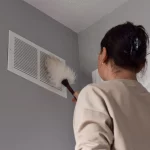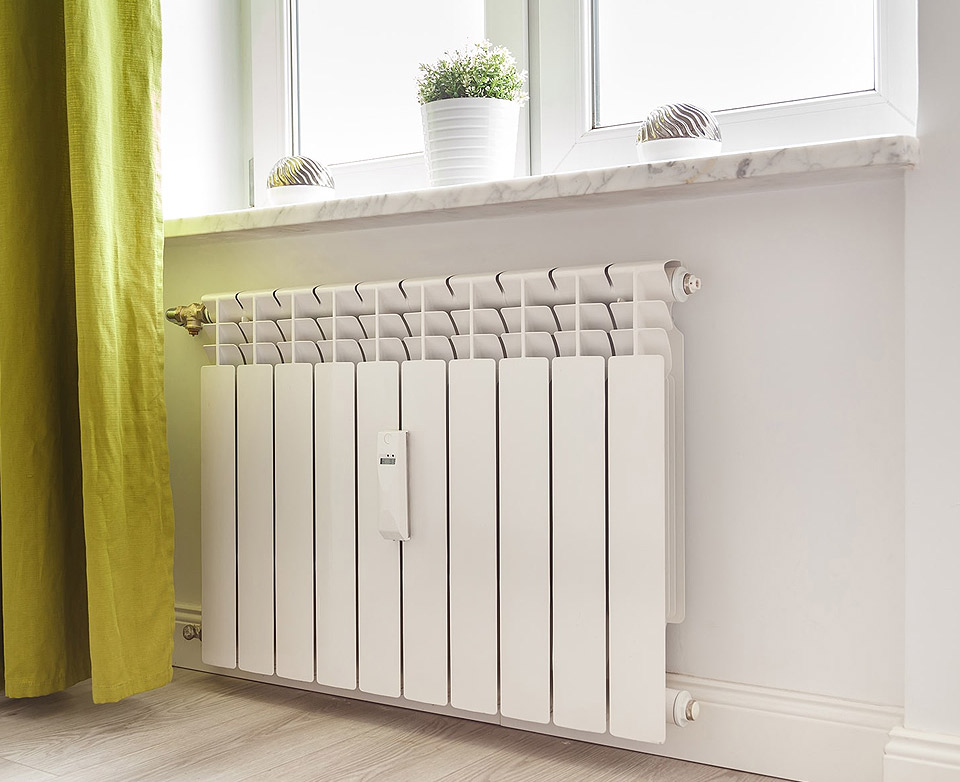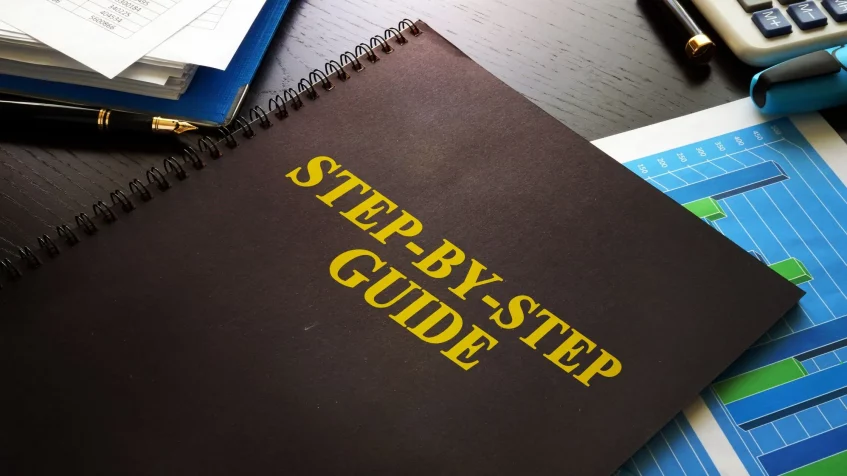
Troubleshoot Common HVAC Issues with This Step-by-Step Guide
Your HVAC (Heating, Ventilation, and Air Conditioning) system is a vital component of your home, ensuring comfort throughout the year. However, like any complex system, it can encounter issues that may disrupt its functionality. Instead of panicking or immediately calling a professional, there are several common HVAC issues you can troubleshoot on your own. This step-by-step guide will walk you through identifying and addressing these issues, helping you keep your home comfortable without breaking the bank.
1. Uneven Heating or Cooling
Is one room warmer or cooler than others? Uneven heating or cooling is a common issue that can result from various factors. Begin by checking your air vents to ensure they are open and unobstructed. Blocked vents can disrupt the airflow, leading to temperature disparities.
Next, inspect your air filter. A dirty or clogged filter can impede airflow, causing uneven heating or cooling. Replace the filter if it’s dirty, and consider doing this every 1-3 months for optimal system performance.
If the issue persists, it could be a problem with your HVAC system’s ductwork. Inspect for any visible leaks or damage, and if needed, consult with a professional to assess and repair the ductwork.
2. Noisy HVAC System
Unusual sounds from your HVAC system can be disconcerting, but they often indicate specific issues. Common noises include rattling, banging, or squealing. Rattling might be a loose screw or panel, while banging could signal an issue with the blower assembly. Squealing often points to a problem with the blower fan or motor.
Before addressing specific components, turn off your HVAC system and inspect it for any visible loose parts. Tighten screws or panels if necessary. If the noise persists, it’s advisable to consult a professional to identify and address the specific issue causing the disruptive sound.
3. HVAC System Not Producing Heat or Cold Air
If your HVAC system is not producing the desired temperature, start by checking the thermostat settings. Ensure it’s set to the appropriate mode (heat or cool) and the desired temperature. Replace the thermostat batteries if it’s been a while.
Inspect the circuit breaker or fuse box to ensure that the HVAC system’s circuit is not tripped or a fuse is blown. If necessary, reset the breaker or replace the fuse.
A dirty or clogged air filter can also impede airflow, affecting the system’s ability to heat or cool efficiently. Replace the filter and check if the issue resolves.
If the problem persists, it could be a malfunctioning thermostat, a faulty pilot light (for gas systems), or issues with the compressor or capacitor (for air conditioning units). In such cases, it’s recommended to contact a professional technician for a thorough diagnosis and repair.
4. HVAC System Constantly Cycling On and Off
Frequent cycling on and off, also known as short cycling, can strain your HVAC system and reduce its efficiency. This issue may arise from an oversized system, a malfunctioning thermostat, or problems with the blower motor or air filter.
Start by checking the thermostat settings and ensuring they are configured correctly. An improperly calibrated thermostat can lead to short cycling.
Inspect the air filter and replace it if it’s dirty. Restricted airflow due to a clogged filter can cause the system to cycle more frequently.
If the issue persists, it’s advisable to consult with a professional technician. They can assess the system’s size, check the thermostat’s calibration, and diagnose any potential issues with the blower motor or other components contributing to the short cycling.
5. Water Leaks Around the HVAC System
Water leaks around your HVAC system can indicate various problems, such as a clogged condensate drain, a malfunctioning condensate pump, or a refrigerant leak.
Inspect the condensate drain for any visible clogs. If you find any blockages, clear them to allow proper drainage.
Check the condensate pump (if your system has one) for proper operation. Ensure it’s not clogged, and the pump is functioning as intended.
If water leaks persist, it’s crucial to contact a professional technician to assess the issue. Refrigerant leaks, in particular, require expert attention as handling refrigerants can be hazardous.
6. Unresponsive Thermostat
An unresponsive thermostat can prevent your HVAC system from operating correctly. If your thermostat is not turning on the heating or cooling as expected, start by checking the batteries. Replace them if needed and ensure the thermostat is clean and free of dust or debris.
Verify that the thermostat is set to the correct mode (heat or cool) and the desired temperature. If you have a programmable thermostat, check the programmed schedule to ensure it aligns with your preferences.
If your thermostat is still unresponsive, it may be a wiring issue. Carefully inspect the thermostat wiring for any visible damage or loose connections. If you’re not comfortable doing this, it’s best to consult with a professional technician.
7. Weak Airflow from Vents
If you’re experiencing weak airflow from your vents, it can compromise the efficiency of your HVAC system. Start by checking the air filter, as a dirty or clogged filter can restrict airflow. Replace the filter if needed.
Inspect the vents in each room to ensure they are open and unobstructed. Furniture or other objects may inadvertently block vents, affecting airflow.
If the issue persists, it could be due to problems with the blower motor, ductwork, or even issues with the HVAC system’s design. In such cases, it’s advisable to seek professional assistance to diagnose and address the underlying cause.
Maintaining your HVAC system is crucial for ensuring year-round comfort in your home. While some issues can be resolved through simple troubleshooting, it’s essential to know when to seek professional help. Regular maintenance, including changing air filters and scheduling professional inspections, can prevent many common HVAC problems. By staying proactive and addressing issues promptly, you can keep your HVAC system running smoothly and efficiently.



